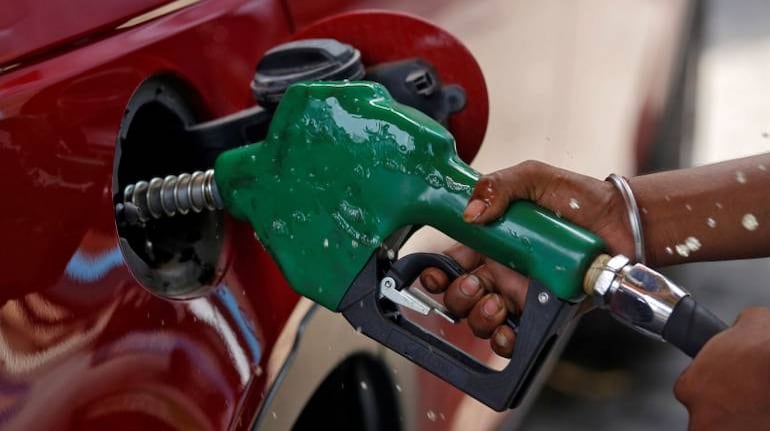



Since the confirmation of the upcoming BSVI emission norms, major automobile manufacturers are scrambling to launch their vehicles with BSVI-compliant engines or upgrade their existing models with BSVI powertrains. But why is BSVI so important and how is it different from BSIV?
BSVI, or BS6, stands for Bharat Stage Emission Standards. These are enforced by the Government of India to regulate the expelled pollutants from motor vehicles. The Central Pollution Control Board, which is governed by the Ministry of Environment, Forest and Climate Change sets the standard for these emissions.
Bharat Stage Emission Standards were first introduced in 2000 as ‘India 2000’. They were followed by BS2 and BS3 in 2005 and 2010 respectively, while the ongoing BS4 standards were enforced in 2017. However, considering the increasing need to make emission norms stricter, the government has decided to imply BS6 norms directly, skipping BS5 in the process.
BS6 compliant petrol vehicles are required to be 25 percent cleaner by reducing NOx (Nitrogen Oxide) numbers from 80mg/km to 60mg/km. For diesel cars, the BS6 norms aim at reducing three pollutants which include HC (Hydrocarbons) + NOx, PM (Particulate Matter) and NOx reduction by 43, 68 and 82 per cent respectively.
The BS6-compliant engines make use of modern technology to attain these targets. Some of these include Lean NOx traps (LNTs), selective catalytic reduction (SCR) units, and diesel particulate filters (DPFs).
While there is no significant change in the petrol standards of BS6 cars as opposed to the BS4 cars, diesel owners will face a crisis. Though a BS4 engine and BS6 fuel are cross-compatible in case of petrol engines, a diesel engine will not receive sufficient sulphur content through the BS6 fuel. This sulphur acts as a lubricant for the fuel injectors and its deficiency could lead to a faster rate of wear and tear.
Currently, manufacturers are in the process of phasing out their BS4 cars by January or February 2020. Hence, they are organising stock clearance sales, as well as offering heavy discounts on previous year’s manufactured models. Hence it is up to an individual to decide whether to opt for a BS4 vehicle this year or wait for a BS6 vehicle next year.

Discover the latest Business News, Sensex, and Nifty updates. Obtain Personal Finance insights, tax queries, and expert opinions on Moneycontrol or download the Moneycontrol App to stay updated!
Find the best of Al News in one place, specially curated for you every weekend.
Stay on top of the latest tech trends and biggest startup news.